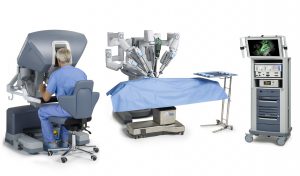They have appeared on faces throughout history and they are once again a hip trend for many men. We’re talking about beards.
Before growing a beard, many factors have to be considered, but should your health be one of them? Before we answer that question, here are a few facts about this popular facial hair trend.
• On average, a man’s beard will grow 5.5 inches per year. If the average man stopped shaving forever, his beard would grow to almost 30 feet over the course of his lifetime.
• There are around 30,000 whiskers encompassing your face and most men spend over 3,000 hours of his life shaving.
• The record for the world’s longest beard belongs to Hans Langseth. His beard stretched to 17 ½’in 1927.
• According to a recent study of women, beards increase three things: a- they make men look older, b-they connote a higher social status, and c- give off an impression of aggression.
Now, to answer the question about how beards can affect your health.
• Facial hair can block up to 95% of the sun’s harmful UV rays. Which means beards can go a long way in reducing your risk of developing some forms of skin cancer.
• Beards may also aid allergy sufferers as they can work like a filter to prevent pollen or dust from settling, similar to the hairs inside your nose.
• By not shaving, you can prevent the spread of acne-causing bacteria on your face, resulting in clearer and cleaner skin.
There is also an idea that beards are dirty and harbor germs. Studies that support this claim have been inconclusive. Further research has found that the number of germs found in men’s beards were similar in number to those found on the face of their unshaven male counterparts.
So, while it is certainly recommended to follow proper beard hygiene, there is no health risks associated with growing a beard.
All content of this newsletter is intended for general information purposes only and is not intended or implied to be a substitute for professional medical advice, diagnosis or treatment. Please consult a medical professional before adopting any of the suggestions on this page. You must never disregard professional medical advice or delay seeking medical treatment based upon any content of this newsletter. PROMPTLY CONSULT YOUR PHYSICIAN OR CALL 911 IF YOU BELIEVE YOU HAVE A MEDICAL EMERGENCY.





